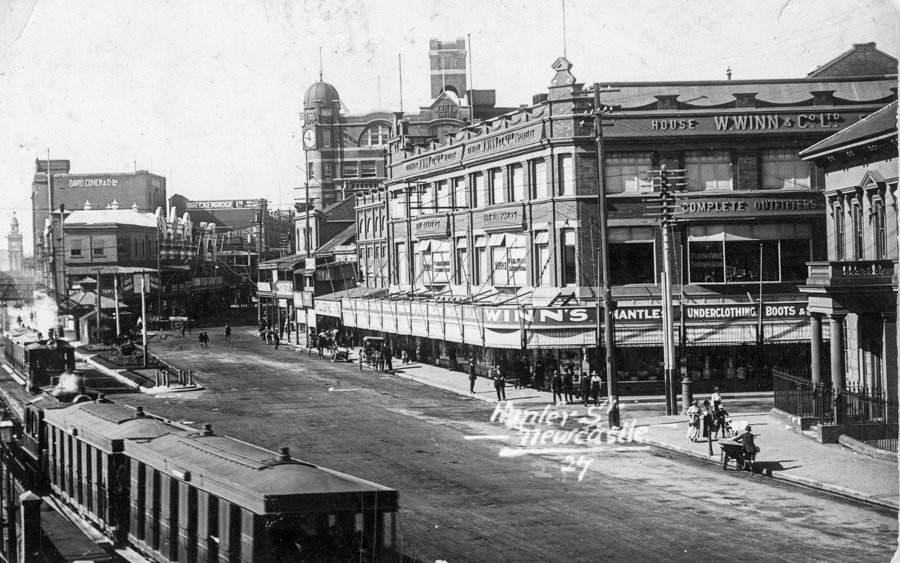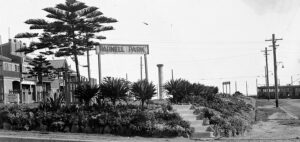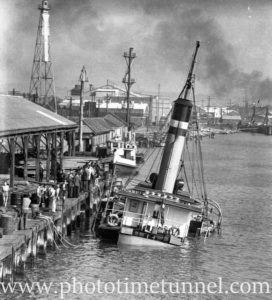During World War 1, when the Newcastle branch of the Bank of Australasia was struggling to recruit the staff it needed to run its business, the organisation still couldn’t see its way clear to hire girls, sons of miners or people with disabilities. Fascinating insights into the banking industry in Newcastle during the war years have emerged through some correspondence of William Miles Coverdale, the bank’s Newcastle manager at the time.
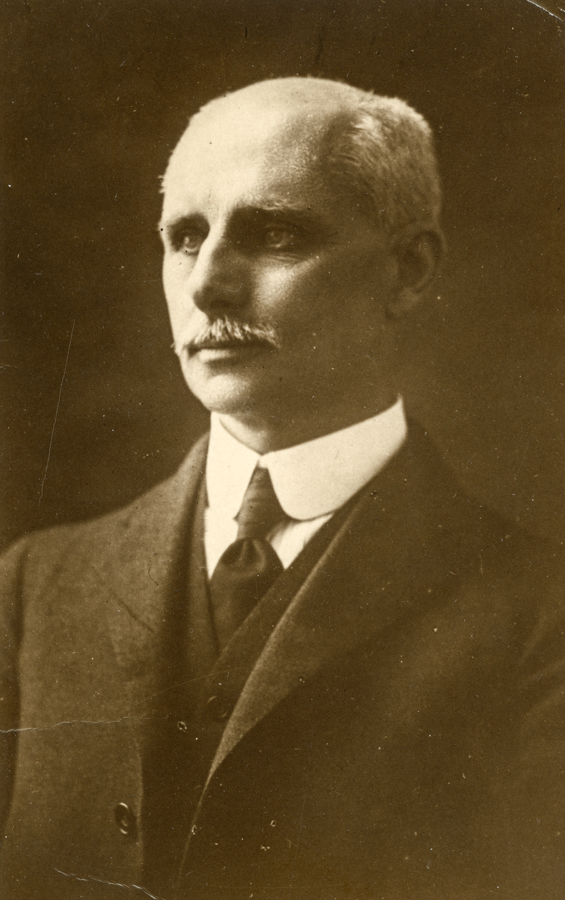
Copies of the letters were kindly loaned by William Coverdale’s granddaughter, Pam Parsons, who received them as a gift from a banking acquaintance who had access to some old files.
In September 1915 Mr Coverdale was asked by his bosses in Sydney to place an advertisement in The Newcastle Morning Herald to attract applicants for clerical positions. He replied that he would do so, but warned in a letter on September 16 that: “. . . only last week [I] had a long interview with the head teacher of the Commercial Public School in Newcastle, who did not give much encouragement as to the available boys being of the stamp required, but I have promised to visit his school shortly to see some of the boys in order to form an opinion of them”.
On September 23 he wrote again, lamenting that: “the applications received will have little result. Nearly all the applicants appear to be sons of miners and their parents would be unable to assist them if sent away from home – in fact two boys whom I interviewed would only accept employment in Newcastle”.
Mr Coverdale wondered whether hiring the sons of unionised coalminers might be a bad move: “Before sending forward any applications to you I should like to have your opinion whether the son of a miner would be acceptable in view of C/O672f. The boy may be all right, but he would come from an environment where agitation and strike are too readily made use of. In any case it would be unwise to employ the son of a miner in this office where much of our business is with Colliery Companies”.
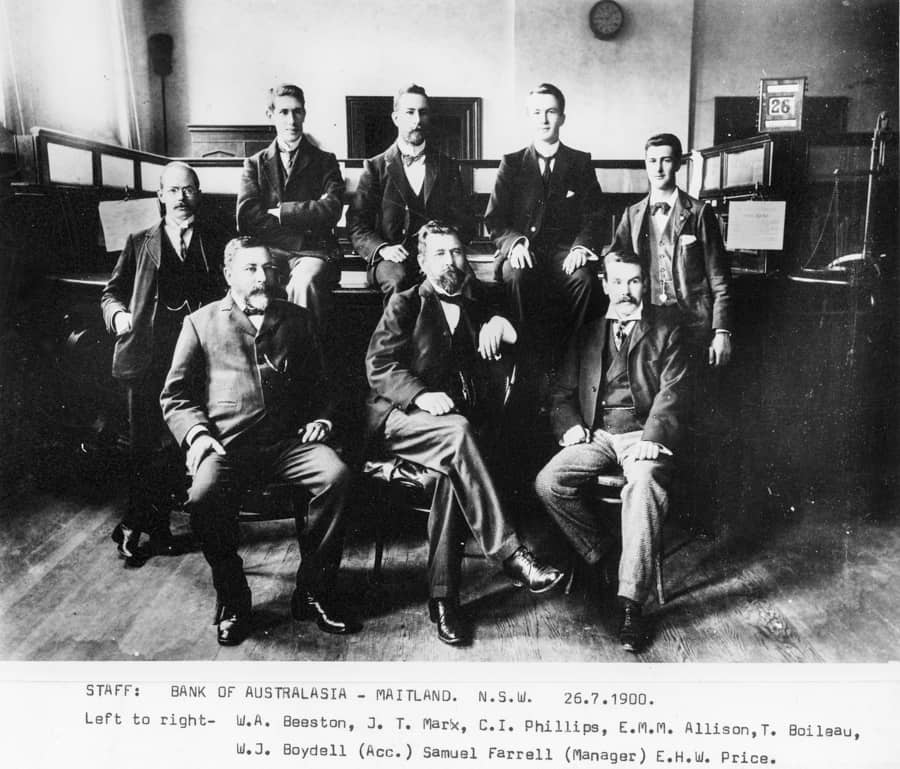
“One applicant has an impediment in his speech and his papers are therefore being returned,” he added.
Another problem was that the bank simply didn’t pay enough money to be attractive to potential recruits. On October 20, Mr Coverdale explained: “I have continued to look for suitable youths for the service but with little chance of success. One reason which tells against us is that the Union, NSW &CBC of S each pay 50 pounds to juniors in their first year & the boys do not hesitate to make full enquiry before deciding. About a fortnight ago I found that a boy, who stated his intention of applying here, had since applied to the Union as he was informed they paid better salaries than we did”. “I also approached a Mr Pulver here who has a nephew suitable for us, but on being informed of our conditions he at once said the CBC of S was better as another nephew in that Bank had recd L50 to start & an allowance of L30 on being sent from home in the first year.”
“I also find that schoolmasters discourage boys from leaving, except at the end of the year, as it tells against the school’s result.”
Other banks were hiring girls, and Mr Coverdale pondered that development, noting he had received a good application from a well-qualified girl: “The Bank of NSW have taken a girl into the local office, as well as at other country branches, and today I had an application from a girl who desired employment, She has had three years office experience & can do type-writing and shorthand”.
“Will you please let me know whether the Bank has any intention of employing females so that I may give her a reply, but the accommodation in this office is too cramped to permit of provision being made for a girl here.”
In August 1916 Mr Coverdale was so impressed by one female applicant – a Miss Nellie Dobb – that he inquired into her background. Unfortunately the news wasn’t good:
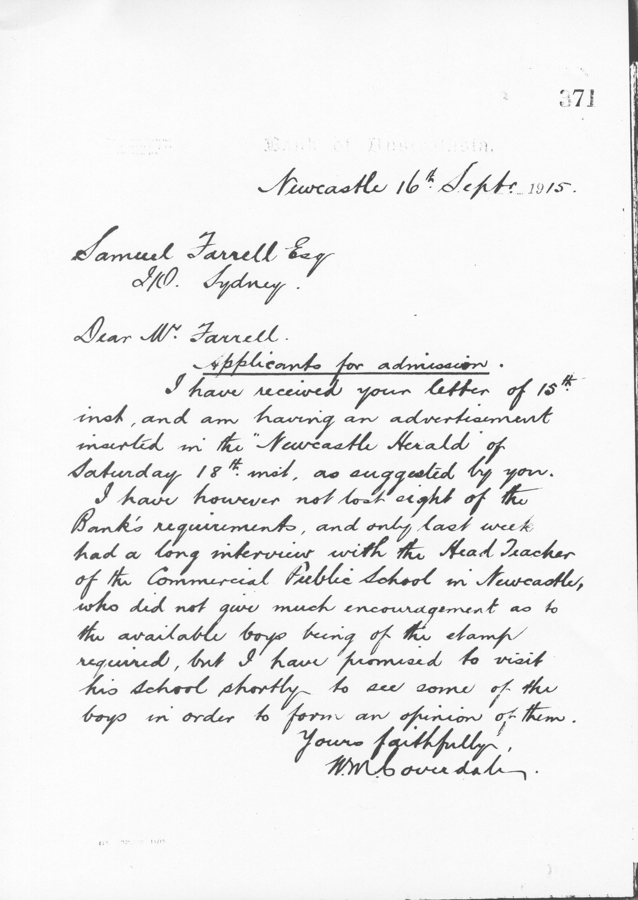
“I have ascertained that she is the daughter of a coal miner, and as the [bank] has already held that such social status is not approved in the case of boys, I presume the same rule would apply in the case of female clerks also, although she appears to be a capable & presentable young woman. From the position & accommodation of the banking portion of these premises a female clerk would necessarily have some access to my house, but irrespective of this slight inconvenience I am anxious to assist the Bank & conform to the present policy. By some re-distribution of work, the post now filled by Mr Blaxland could be filled by a female & he could be moved elsewhere. I recently had an enquiry from Colonel Ranclaud, Chief Clerk in the AA Co & a very old client, on behalf of his daughter who is 25 year of age and has been school-teaching for a number of years. I have spoken to her father again today, but she is in Sydney at present. I may be able to send you an application from her in a few days & believe she would be able to meet our requirements.”
It does not appear the bank was willing to bend its rules. In November 1917, Mr Coverdale was obliged to write to a Mrs MacLeod about her daughter’s employment prospects: “I have received your letter of 14th inst and regret that at present your daughter is not eligible for service in this Bank. Our rules in regard to female clerks are that they shall be between 20 and 25 years of age and shall have had previous clerical experience. The salary is 100 pounds per annum. Some of the other Banks, I believe, have a different system and take in younger girls to train, starting them at 50 of 60 pounds a year and applications are numerous. I have no vacancy of any kind just now.”
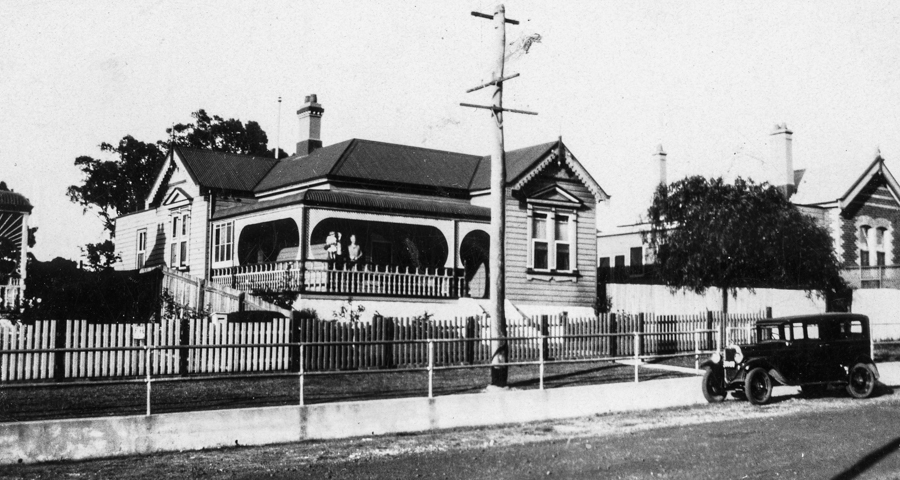
William Coverdale was born in Wodonga and worked for the Bank of Australasia at various Victorian branches before moving to manage the Newcastle branch in 1912. He retired in 1925 and died in April 1942. He was involved with the city’s Anglican cathedral community and was a keen golfer and bowler.

